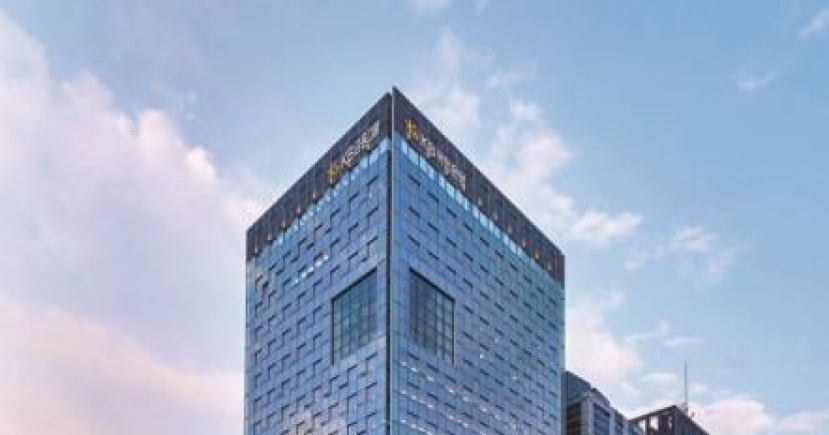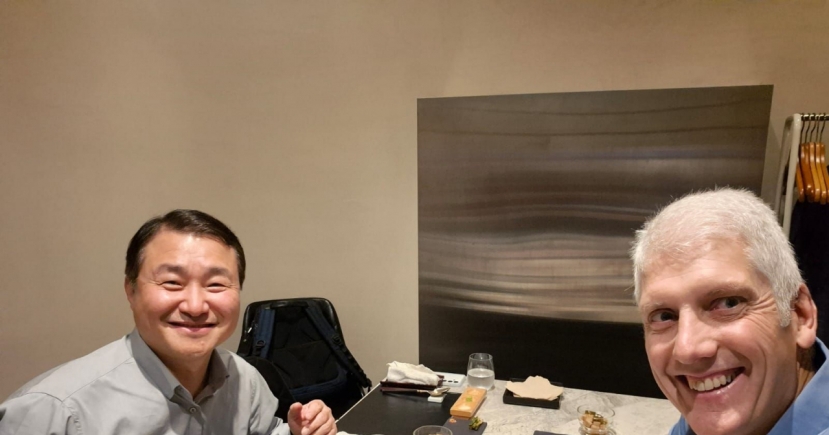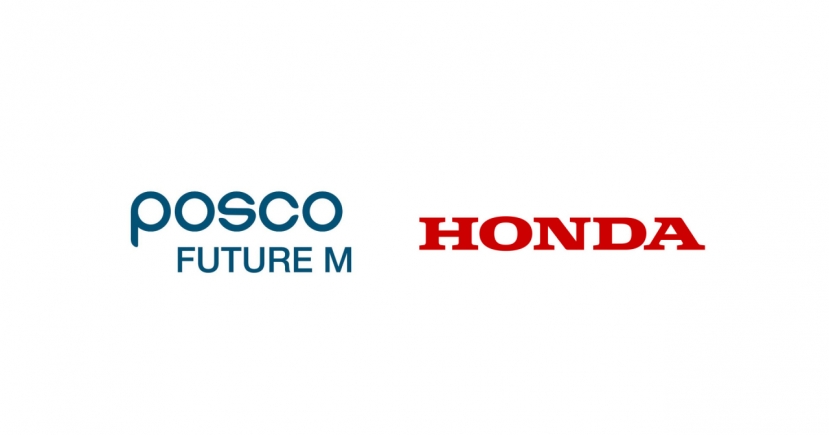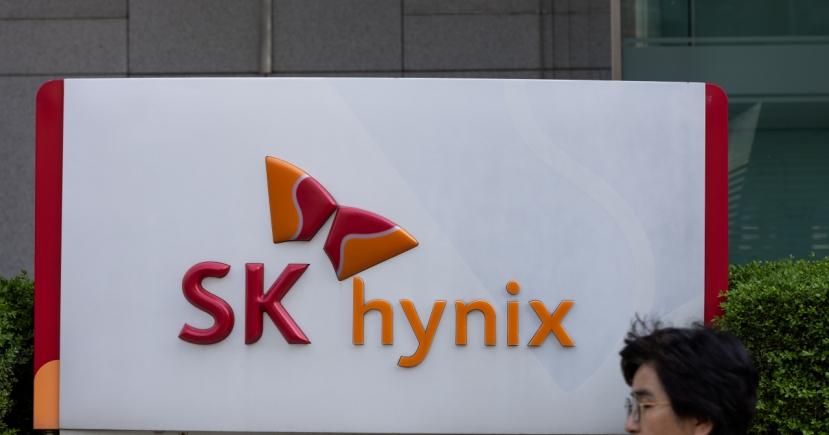Industrials
[DECODED: HANWHA] Hanwha leads defense, petrochemicals and solar energy
[THE INVESTOR] Hanwha Group’s business interests span the gamut, from hotels to a professional baseball team, but five form the core – defense, petrochemicals, solar energy, finance and retail.
In the first three, the conglomerate is the local market leader.
Having achieved economies of scale and scope in the fields through mergers and acquisitions, Hanwha Group Chairman Kim Seung-youn now looks to sharpen its competitiveness to expand overseas.
“We must now continuously challenge ourselves in the core businesses to become a global player,” he said in his New Year address.
 |
A solar power plant that Hanwha Q Cells is building in Burdur, Turkey. |
The game now is not revenue or output numbers, but product quality, profitability and customer value, he stressed.
Mergers and acquisitions had been the key driver behind Hanwha’s growth in defense and petrochemicals.
The biggest and most important of the deals, the conglomerate in late 2014 acquired defense and petrochemical affiliates from Samsung Group -- Samsung Techwin, Samsung Thales, Samsung General Chemicals and Samsung Total Petrochemicals -- for 1.9 trillion won ($1.7 billion). Techwin’s 10 percent equity stake in Korea Aerospace Industries, the developer of the T-50 jet trainers, was also handed over to Hanwha.
With this landmark deal, Hanwha emerged as Korea’s unrivalled defense giant with a wide range of product lines from self-propelled artillery, aircraft engines and radar solutions to ammunition. Hanwha Techwin’s takeover of defense company Doosan DST earlier this year further solidified Hanwha’s leadership in the defense sector.
The acquisition of two petrochemical companies from Samsung marked Hanwha’s return to oil refining after 16 years. It also helped the group, which has its origins in explosives and gunpowder, rise to the top of the overall chemical industry.
Related articles:
Hanwha chairman’s sons in succession race
Looming changes in Hanwha’s governance structure
Hanwha seeks retail growth with duty-free outlet
The conglomerate had interest in the oil-refining field through Kyungin Energy but had to hand over its cash-cow affiliate to Hyundai Group in 1999 in a desperate effort to survive the Asian financial crisis.
In the second quarter of this year, the group’s very own Hanwha Chemical, which owns 36 percent of Hanwha General Chemical, formerly Samsung General Chemical, recorded 293 billion won in operating profit, soaring 213 percent on-year. The net profit also surged by 835 percent to 310 billion won.
In addition to defense and petrochemical industries, Hanwha is betting its future on solar power, unfazed by the global market’s sharp downturn in the past years and still murky outlook.
 |
Maywood Solar Farm constructed by Hanwha Q Cells in Indianapolis, Indiana. |
Hanwha forayed into solar power through acquisitions of China’s Solarfun Power Holdings in 2010 and Germany’s Q Cells in 2012. In February last year, it merged the two, making Hanwha Q Cells the top solar cell producer by capacity in the world.
Indicative of how importantly the group views it, the group chairman’s oldest son and likely heir, Kim Dong-kwan, has been involved in the solar energy business from the very beginning. Having led key projects, including the M&A deals, the junior Kim is now executive vice president of Hanwha Q Cells.
In April last year, the solar power company signed an agreement with NextEra Energy Resources, a subsidiary of the U.S. clean energy giant NextEra Energy, to supply more than 1.5 gigawatts of solar modules from late last year for a year.
Last year, it also launched the construction of a solar power plant with an 18.3-megawatt capacity in Burdur, Turkey, which is slated to be completed this year. The plant is expected to be the largest of its kind in the country. Hanwha Q Cells is to operate and maintain the plant, after its construction is complete.
Hanwha Q Cells’ sales reached a record high of $513 million in the first quarter of this year, with the operating profit of $56.7 million. This is the fourth straight quarter that the company reported a surplus, after years of losses.
“Hanwha Q Cells is projected to remain in the black in the second quarter, possibly hitting a new record high thanks to the continuous cost-saving efforts and the expanding business in the emerging market,” Hanwha Q Cells spokesperson told The Korea Herald.
The company, listed on the U.S. Nasdaq exchange, is slated to report Monday.
By Lee Hyun-jeong/The Korea Herald (rene@heraldcorp.com)








